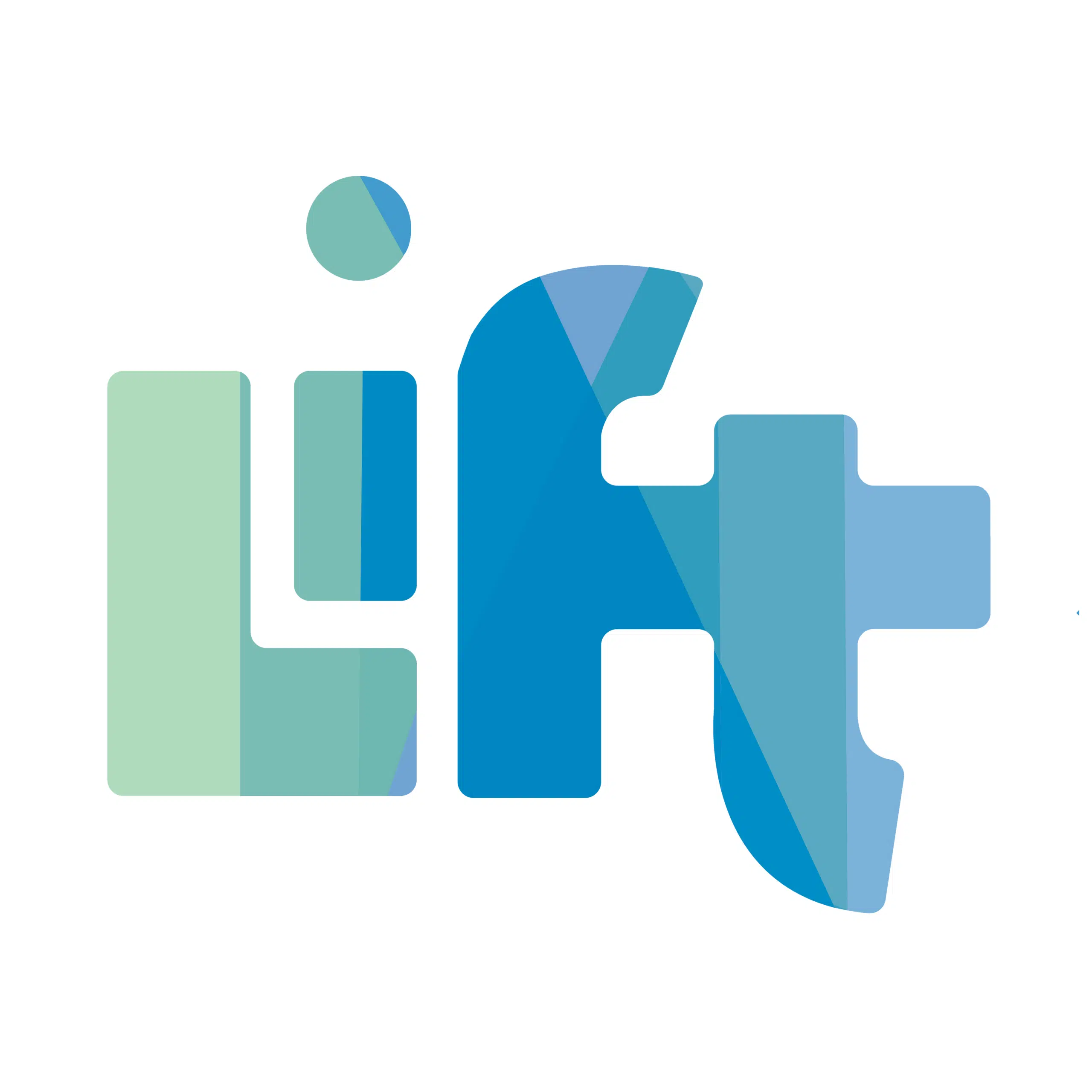Old House Law & Notary is a partnership between Lyle Carlstrom Professional Law Corporation and T. Dale Roberts Notary Corporation. Lawyers and Notaries both practice law (with Notaries restricted to real estate, wills, contracts etc.). Having them work together in the same office creates new efficiencies and legal solutions for clients. Old House Law & Notary one of the first practices in BC providing lawyer and a notary public services.
You can find out more at ohlp.ca
LIFT: What inspired you to start Old House Law & Notary?
Lyle: I wanted to live in the Comox Valley, and from a professional level I wanted to be in business with like-minded individuals and create something new and dynamic. Working with Dale Roberts has led to a multidisciplinary practice that has a lawyer working with – instead of competing with – a notary. Our type of law is non-contentious. We focus on helping people – buying and selling real estate, estate planning. These services are in high demand in the region, and an office that includes both law and notary services, it makes us very competitive.
LIFT: What was your “ask” at your BizOnDeck workshop?
Lyle: We had several asks. We wanted: feedback on what would make us more relevant to the general public, help in branding our business, advice on keeping existing clients loyal to our new brand, suggestions on acquiring new customers who will appreciate the new brand, help on determining the best ways to give back to our clients and community, and direction on spreading the word about the results of the above.
LIFT: What were the three biggest takeaways (and subsequent actions) from your BizOnDeck?
Lyle: We heard that we are generally on the right track with our marketing efforts, but that we need to spend additional time on social media marketing. We also heard that we need to clarify our company vision and mission. As follow up activities we’ve re-engaged our webmaster digital marketer, and we’re planning a management retreat in mid-June
LIFT: Has putting your business “on deck” helped grow your business?
Lyle: The short answer is yes. We found the BizOnDeck process to be very helpful, and vibrant. We got lots of great feedback. We experienced lots of synergies. Since the workshop, we’ve made positive changes to some of what we do, especially with regard to marketing.
Last word
Lyle: For a company like ours, the BizOnDeck was a very unique and valuable exercise. Where else would we get this kind of feedback from a room full of entrepreneurs?
Contact information
Telephone: 250-871-7737
Website: ohlp.ca
Vancouver Island business directory: old-house-law-and-notary
Alignable: old-house-law-notary-public-t-dale-roberts-notary-public
FMI about LIFT & BizOnDeck
LIFT is an award-winning organization* that helps entrepreneurs, small business owners, and non-profits grow on Vancouver Island. We’ve just launched the Vancouver Island business directory to connect and promote entrepreneurs across the Island. To put your business or project “on deck” please fill in the blanks on this form and we’ll start “hustling the help” to grow your business! Or call HPM at 250-792-1408 to get started.
*Awards include:
• Best in BC, Entrepreneur Promotion, Startup Canada Awards, Vancouver May 2018
• Best Social Media Organization, Comox Valley Record Readers’ Choice Awards, 2015 and 2016.

